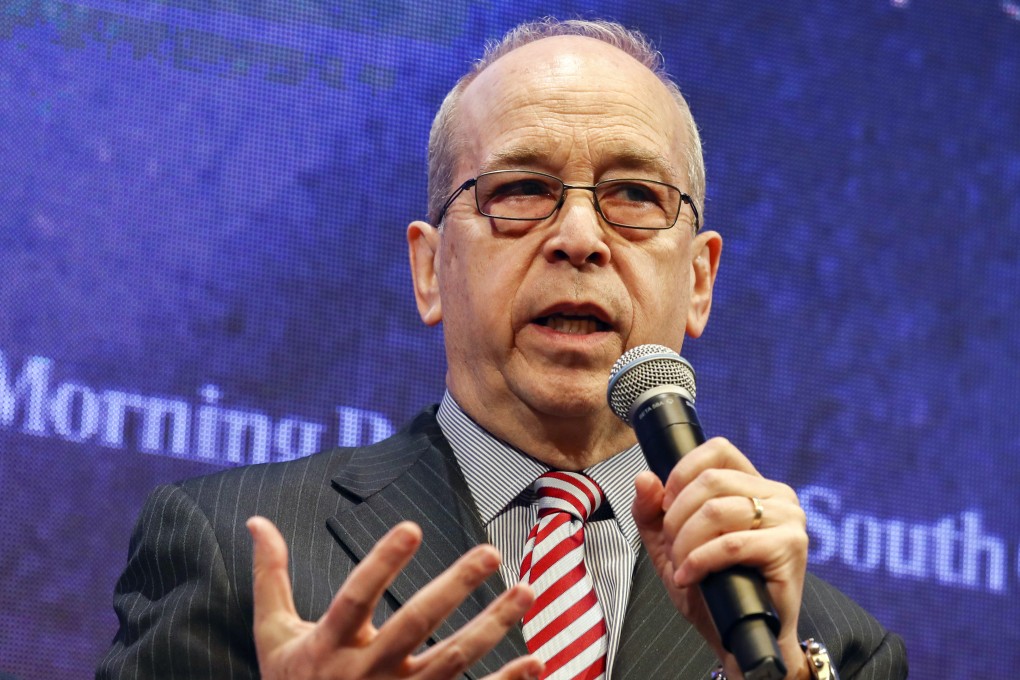China, US should ‘try every tool’ to ease lingering concerns over lack of trust, experts say
- Security impasse between Beijing and Washington is ‘darkest cloud’ hanging over regional stability, diplomats and policy experts say
- Recent dialogue is encouraging, but the two countries must resume military communications

Daniel Russel, the top US diplomat for Asia under former US president Barack Obama, said the security impasse between China and the US had become the “darkest cloud” affecting regional stability and recovery.
“What I heard [in Beijing] about ‘a certain country’ is of unusual similarities to what I hear in Washington,” Russel, now vice-president for international security and diplomacy at the Asia Society Policy Institute (ASPI), told academics and diplomats in Beijing at a panel discussion of the World Peace Forum.
“This demonstrates that the US and China have become mutually suspicious, increasingly hostile states,” he said.
“Each government thinks it is protecting the status quo and its legitimate rights. But since the other government’s behaviour is what is disrupted, each side perceives its own actions as legitimate and defensive.”